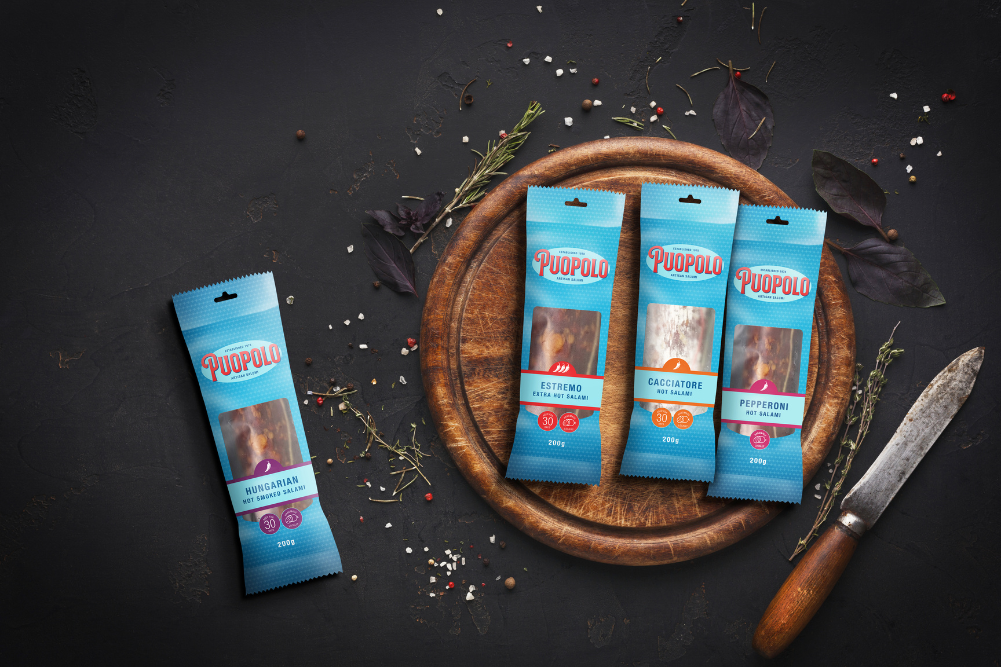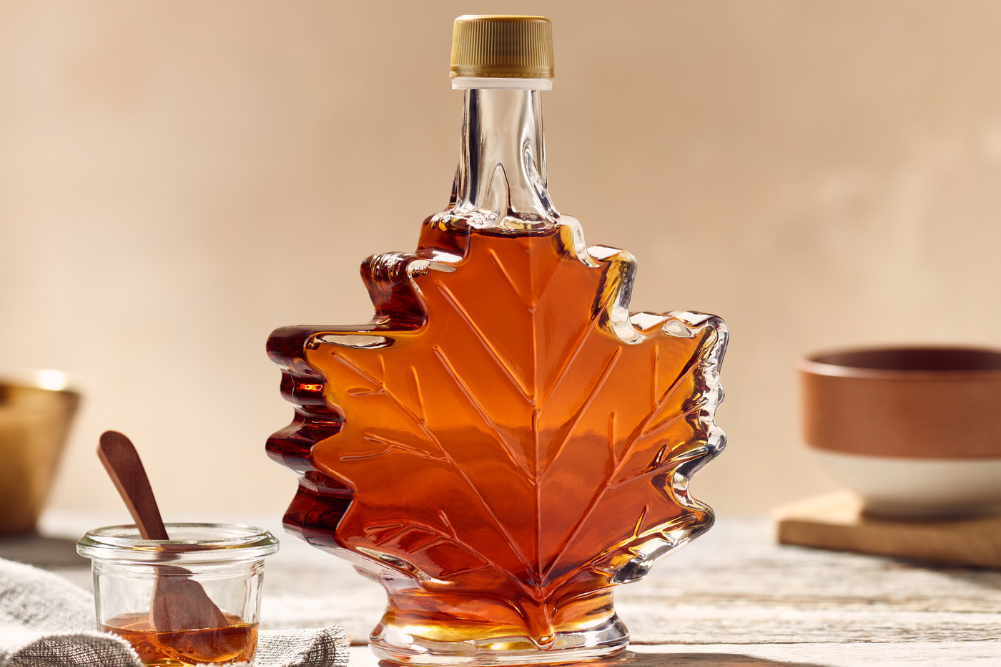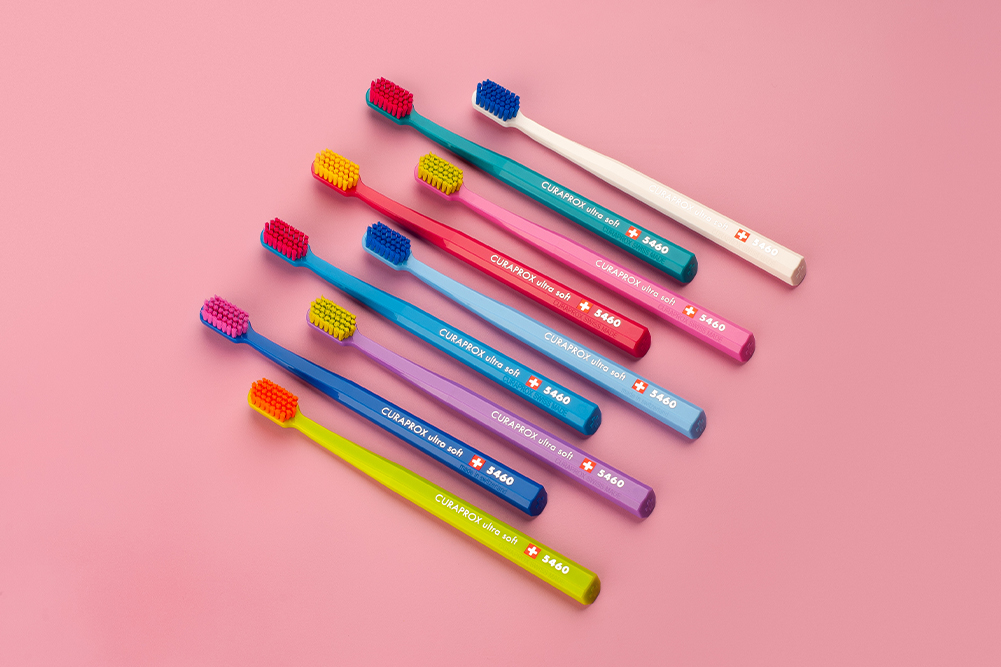A Q&A with the founder of Etiko
Melbourne-based Fairtrade retailer Etiko is one of Australia’s most ethical brands. Here, we chat to its founder Nick Savaidis.
What is Etiko all about?
It’s about helping people live their values. If you ask most decent people do they oppose the use of child labour, sweatshop labour and slave labour, they say, “Of course I do.” But what are they doing about it when it comes to actually purchasing products? What Etiko is doing is creating products that are the most ethically produced, and eco-friendly, products of their types available in Australia.
Why did you set up Etiko in 2005?
When I was growing up in 1960s Melbourne my mother worked in the fashion industry as a homeworker, sewing garments in our lounge room. In high school, I remember going into the city and seeing some shirts my mother had sewn being sold for $30 or something. My mum had been paid between 15 and 20 cents per garment, and as a young kid that struck me as being incredibly unfair.
Later on, we got visits at school from Community Aid Abroad (now Oxfam), and then in university I started reading magazines like New Internationalist and became aware that exploitation of workers wasn’t restricted to Australia and that, as globalisation grew, so did the exploitation of workers in developing countries. I used to go into retailers and ask if they could guarantee me that the jogging shoes they sold me were child labour and sweatshop free, and they’d look at me as if I was crazy.
I ended up a high school teacher and used to talk to my colleagues at school about exploitation and look at the impact of globalisation with some of my geography classes. Then in the late ‘80s, early ‘90s I worked as an adult educator in a remote indigenous Warlpiri community. I was supposed to be running literacy and numeracy programs, but instead I spent five years helping set up microbusinesses run by the community.
When I came back to Melbourne I was keen on working in the same space. I made contact with the people behind the magazine Adbusters who, back in 2002, 2003, were talking about the need to create an ethical alternative to some of the major sports brands and had created an ethical shoe. I spoke to them about taking on distribution in Australia, but nothing ever happened. But I found out that their consultant, respected US labour rights activist Jeff Ballinger, was starting his own ethical footwear brand with a few other activists. I got the distribution for the No Sweat brand — the world’s first non-sweatshop sneaker — in Australia in 2004 and did that for a couple of years.
We did quite well, largely through word-of-mouth marketing, but I decided I could do it myself and do it better. So my wife and I risked whatever we had and launched Etiko at the end of 2005, initially just marketing sports balls. Etiko sports balls were the first non-food products to be certified Fairtrade.
What kind of products do you have now?
We’re best known for our sneakers, which won the inaugural Fairtrade Product of the Year award in 2013. But we also do rubber thongs and clothing and soon hope to add hoodies and polo shirts. That’s under the Etiko range. We also have a dedicated sports brand, Jinta Sport, which was the first Fairtrade sports brand in Australia.
How have you seen consumer demand for ethically produced goods change?
Back in 2004, when I first started, the total amount of Fairtrade sales in Australia was less than AU$300,000. Last financial year, it topped AU$200 million. So that’s pretty big growth, but it’s still got a long way to go.
There are also groups doing some fantastic work out there, organisations that are passionate about social justice, directing people to Fairtrade as an ethical alternative to the way business-as-usual operates. And Etiko has benefited from that. We’ve got a network of advocates all over the country.
How did you go about finding ethical producers and ethical supply chains?
In the beginning, Jeff Ballinger gave me quite a bit of help and direction. There are a lot of NGOs, like the Independent Monitoring Association for Child Labor, that have done a lot of research into sweatshops and child labour, and work on the ground, and through contacts in organisations like that I’ve been led to producers who could meet the standards we required.
We also relied heavily on the Fairtrade accreditation, because I don’t have a team of auditors who could verify claims or monitor a supply chain, and they actively go out and audit on a regular basis. It’s hard to get Fairtrade certification, but trust me it’s even harder to keep it — which is the way it should be.
Etiko was named Australia’s Most Ethical Brand 2013 by Baptist World Aid’s Australian Fashion Report and has won many other awards. Which makes you most proud?
I was particularly proud of the Banksia Environmental Foundation sustainability award, because it recognised sustainability wasn’t just about looking after the environment; it was also about looking after your fellow human beings. And we were the first non-timber-industry company to win the Forest Stewardship Council award, for our footwear, so that was exciting.
But I suppose the Australian Fashion Report was important because it compared us to all the major fashion brands. When you think about all the resources they have at their disposal, and they got a lot of Ds and Fs [in each graded area], you think, if we can do it, why can’t they?
[Ed’s note: Etiko remains one of the most ethical Australian brands, as noted in the recent Australian Fashion Report 2015.]
Where to next for Etiko?
Our website is growing quite rapidly but it would be much easier if we could convince retailers they should engage with us. A lot of mainstream retailers have told us they feel uncomfortable with what we’re doing; they feel it raises too many questions about the other brands in their stores.
We just don’t have the resources to get out to the wider community at the moment, so we need to scale the business up significantly. Not just to see a return on our investment financially, but for the people we work with in Pakistan, India and Sri Lanka so they can get a greater return as well.
At the moment we’re just a three-person operation and we need a lot more people around us to do that. We’re trying to raise equity from investors to see us grow, not just in Australia but internationally. Our challenge is to find investors and continue to grow the business to create an even bigger social impact; to create a business that will be around for many years to come.
For more details, visit etiko.com.au.








